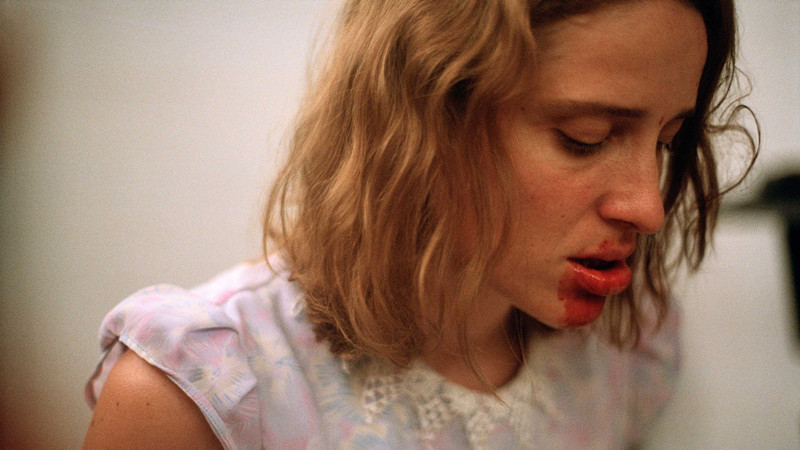
As long as there are innocent people in the world, the depraved will try and exploit them. Overcoming or immersing oneself into hardship is the tell-tale sign of loss of innocence. This idea, though common in life, can also be seen symbolically in media. Film is no exception.
There is something powerfully relatable about seeing a new age morality tale on the screen. Many films have explored this theme with raw emotion and cyclical stories that foreshadow continuing immoral behavior. From children to adults, the vulnerability of innocence can be reached with ease by an aggressive outside force.
The films below show that immorality can lurk behind any corner. The innocent are not protected, and all can be persuaded to make unlawful choices with the right upbringing or trauma. Corruption is a mixed bag that can come with big rewards, infamy, mental stress, and physical pain.
Featuring both A-list actors and nonprofessional actors, the films listed below rely more on film technique and an emotional story to attract the audience. Corruption is something everybody understands, and has experienced to some degree. This list explores the ten emotional films about corrupting the innocent.
1. Sonny Boy (1990)
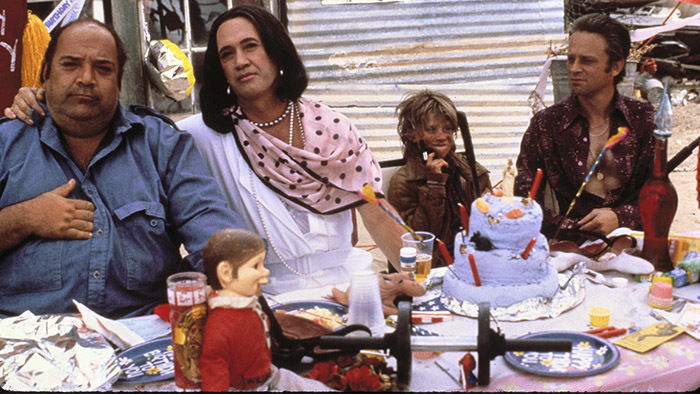
Robert Martin Carroll’s bizarre take on familial loyalty and corruption comes to fruition in Sonny Boy. Featuring a cross-dressing David Carradine, Sonny Boy explores the effects of nature versus nurture in an isolated desert town overrun with criminal activity. Slue, played by Paul L. Smith, is the ringleader of a series of cons and unlawful conduct in small town New Mexico.
After an immoral job turns into an unanticipated murder, one of Slue’s henchmen brings the victims’ vehicle to be destroyed. Inspecting the vehicle reveals a baby boy in the back seat that Slue’s companion, Pearl (David Carradine), falls in love with. Despite Slue’s desire to feed the baby to the pigs, Pearl convinces him to let her keep their “Sonny Boy”.
Sonny Boy’s innocence is quickly stolen, as Slue cuts the boy’s tongue out and locks him in a water tower to prevent him from escaping. Slue even goes as far as giving Sonny Boy a live animal diet in hopes of training him to be a killer. Despite the ill treatment Sonny Boy receives from Slue, the boy works hard to please his father. The lawlessness that follows is a direct result of Sonny Boy’s innocence being corrupted by Slue’s wicked hand.
Sonny Boy also features Brad Dourif as Weasel, the criminal responsible for the murder at the beginning of the film. Weasel’s name fits perfectly with the theme as he is the slimy sidekick to Slue’s corrupt plans. If not for Weasel’s immoral action, Sonny Boy may have grown up to be a well-adjusted kid. Did he ever have a chance?
2. Pixote (1981)
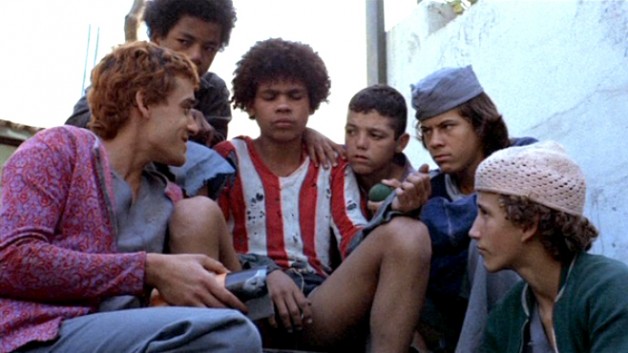
Héctor Babenco’s snapshot of the slums of Sao Paulo, Pixote, provides a look at the lives of children on the fringes of corruption, and how they inevitably bloom immoral. The titular character is sent to juvenile prison where he abuses drugs and anticipates sadistic acts from the prison guards.
Pixote (Fernando Ramos da Silva) eventually escapes from the prison after another boy dies from the physical abuse inflicted by the guards. The rest of the film details the criminal acts Pixote commits as he maneuvers through the city.
Pixote’s documentary style filming highlights the struggle of street children losing their innocence through gritty shots and impulsive movement. The film has a quiet hum of authenticity that mirrors the stylings of Italian neorealism. Pixote covers torture and crime as if the movie were not about children. Nothing is held back for the runaways of this tragic film.
3. City of God (2002)
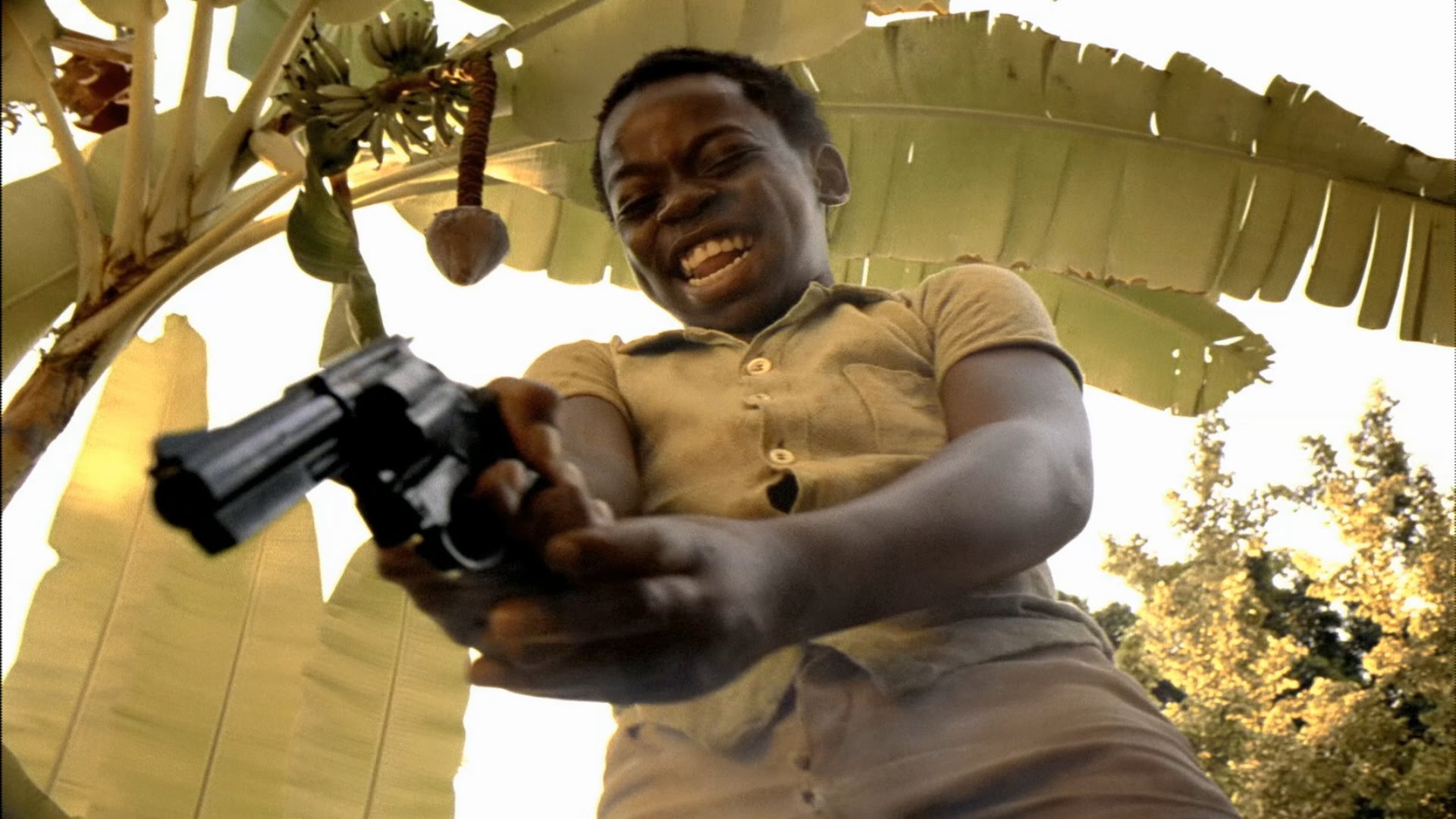
Another gritty, Brazilian corruption film on the list is Fernando Meirelles’ 2002 powerhouse, City of God. Following quiet narrator Rocket (Alexandre Rodrigues) through the slums of Rio de Janeiro, the film depicts corruption as an early and necessary part of life.
Children born into the City of God are made to admire criminals and thieves from their impoverished favela. Their lives are dictated by the rules of the many gangs that make their home in the bereft housing project. City of God relies on a cyclic story that reinforces the deep-rooted corruption in the slums.
The film tells the story of a crime war taking place in the slums of Rio de Janeiro. The story is told through the camera of Rocket, and the conquests of Lil Zé (Leandro Firmino da Hora) and Benny (Phellipe Haagensen).
Rocket’s own journey through the slums is tempted by the corruption around him. Snapping photos of criminals, Rocket sees and hears the truth to the seedy police officers of the favela. Despite having the information to incriminate the cops, Rocket decides not to expose them. City of God shows that no one escapes corruption in the slums.
4. Rosetta (1999)
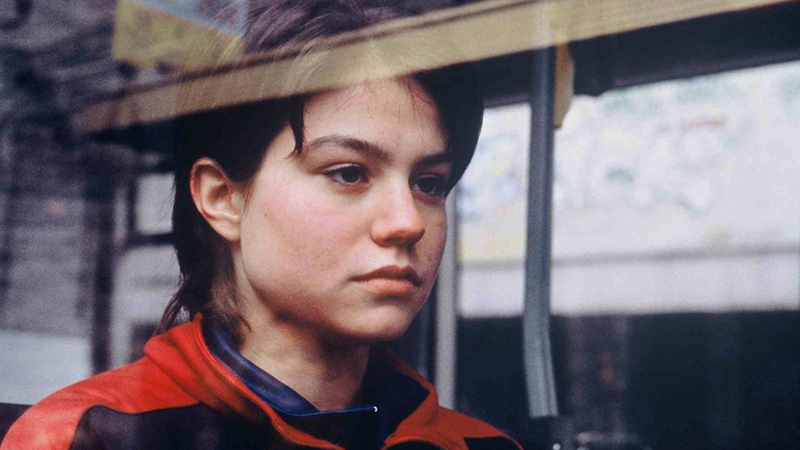
Rosetta is the story of a girl desperate for work as her life collapses in on itself. Luc and Jean-Pierre Dardenne direct this emotional film of innocence drained by young desperation and impulse. Rosetta is filmed with a shaky energy that mimics the anxiety of the protagonist’s struggle. Rosetta (Émilie Dequenne) must care for her alcoholic mother all the while supporting them both. The corruption in Rosetta progresses as she becomes more and more desperate to make ends meet.
The film ends with Rosetta in tears after a failed murder/suicide attempt with her mother. The ambiguous ending leaves Rosetta steadying her breathing and looking openly at friend Riquet (Fabrizio Rongione). Does this mean she will reveal her plan to escape the pressures of life? Or will she lie and admit to nothing? Rosetta’s impulsive decisions throughout the film make the ending difficult to predict.
Dequenne’s portrayal of Rosetta is strengthened by her authentic movement and genuine reactions. The theme of innocence is evident in every turn of her head, and every attempt of concealing a childlike temper tantrum.
5. Dogtooth (2009)

Corruption due to isolation is the theme of Yorgos Lanthimos’ 2009 film, Dogtooth. Having no idea of the world beyond their compound, the children of Dogtooth grew up believing the rules of their mother and father. The children are told that they can’t leave the compound until their “dogtooth” falls out. Any disobedience in the house is met with extreme violence.
The father (Christos Stergioglou) allows only one outsider to interact with the sheltered children, his co-worker Christina (Anna Kalaitzidou) whom he has paid to engage in sexual acts with his son. Their relationship ends when the mother (Michelle Valley) and father discover Christina is corrupting the older daughter (Angeliki Papoulia) sexually as well.
The father kicks Christina out in response to these hellish acts. This interaction plants a seed of self-motivation in the older daughter, as she plans to escape the compound after knocking out her very own “dogtooth”.
Dogtooth explores the effect of overbearing parents and how it translates into the behavior of their offspring. The children are so oblivious of the world, that the son kills a stray cat that wanders onto the compound. The reaction is a direct result of childhood corruption in an isolated environment.